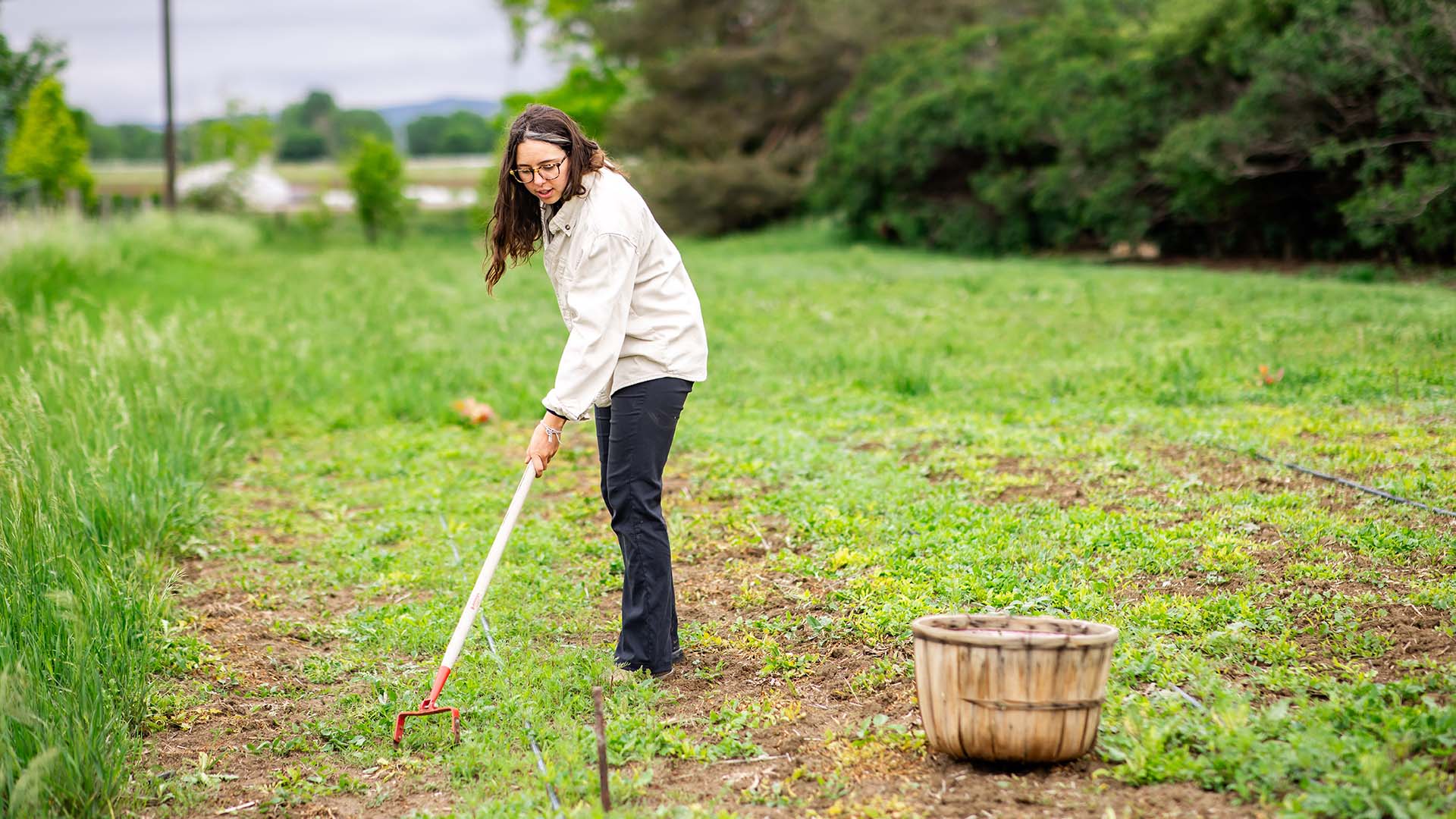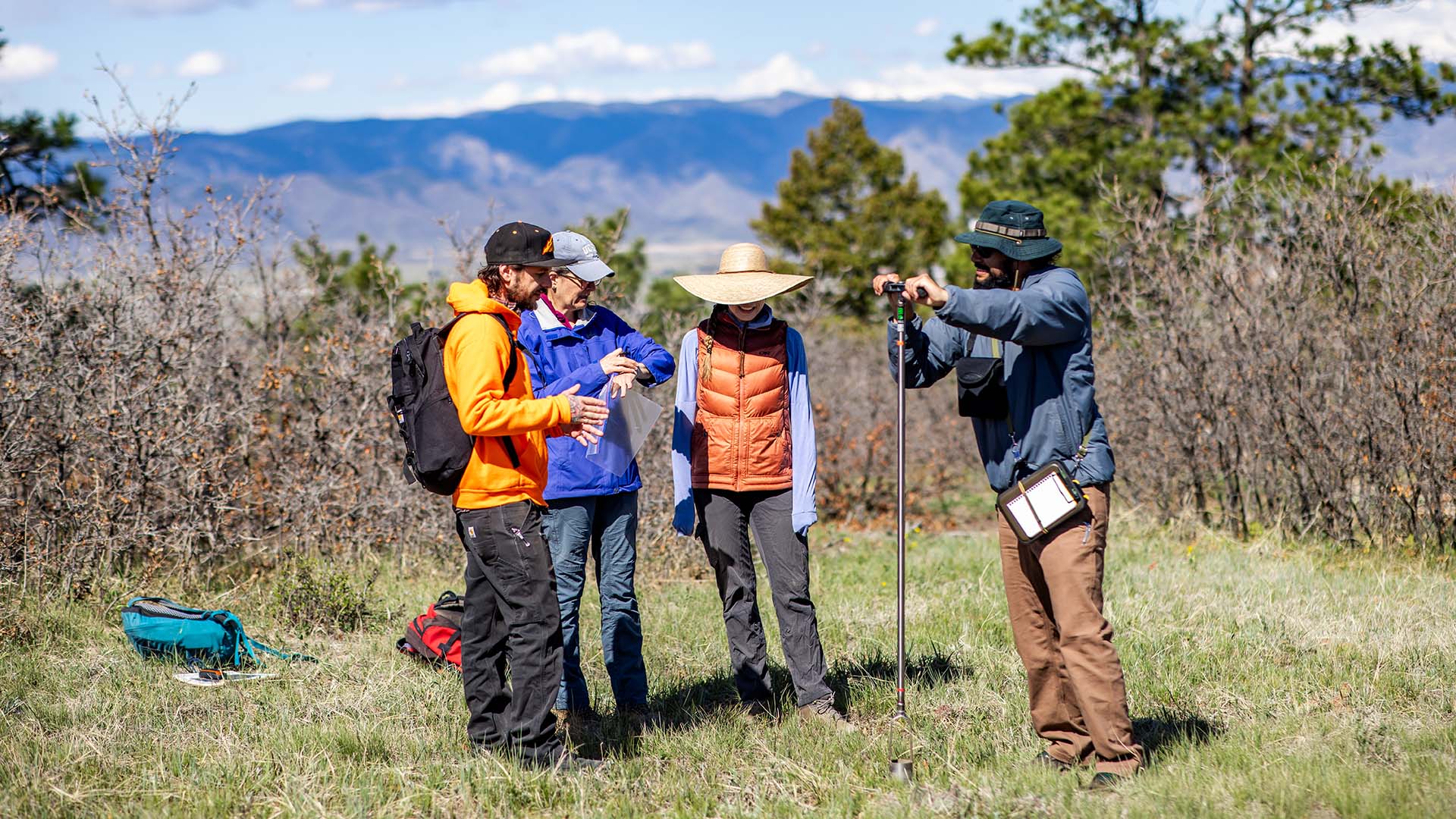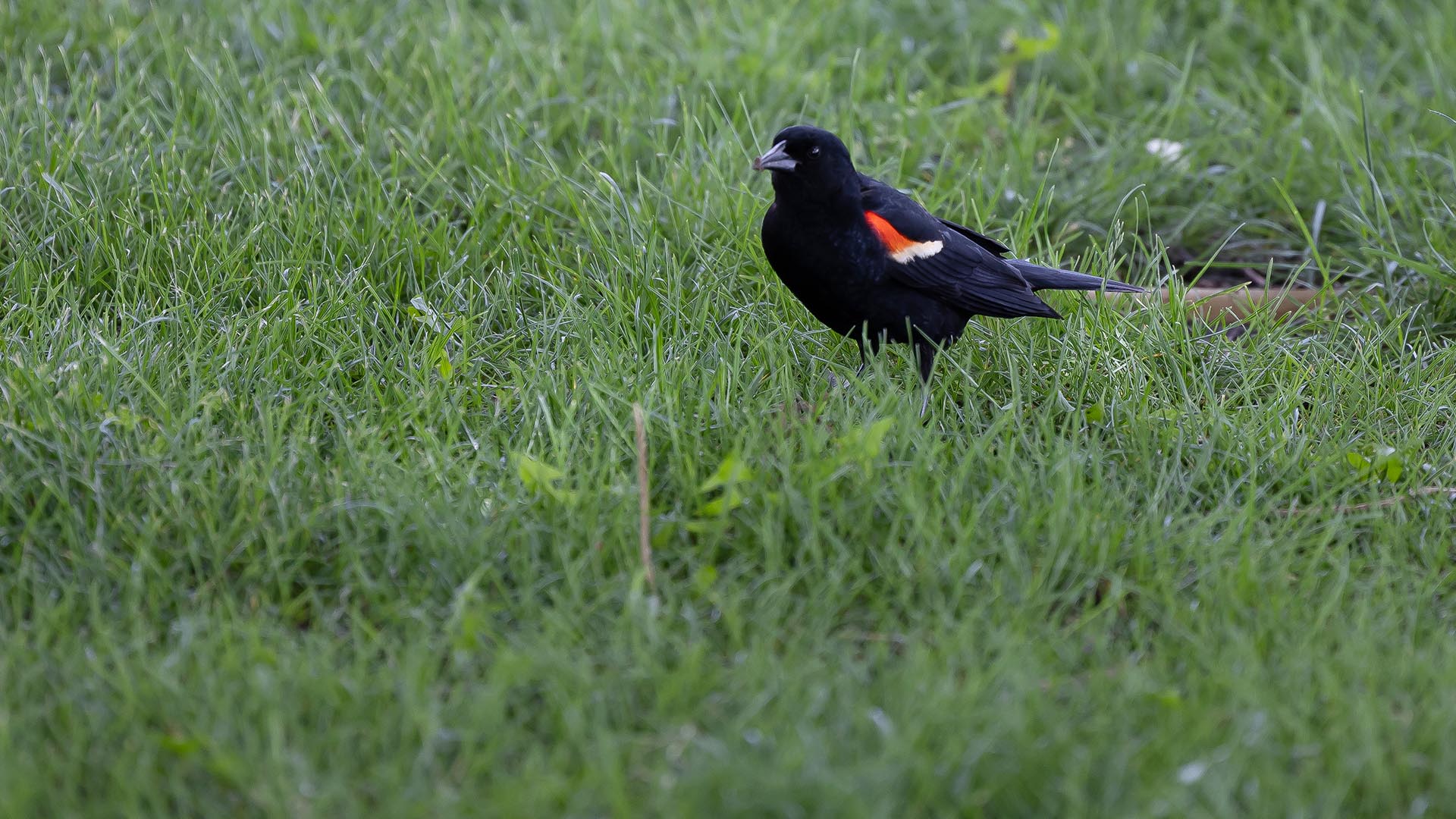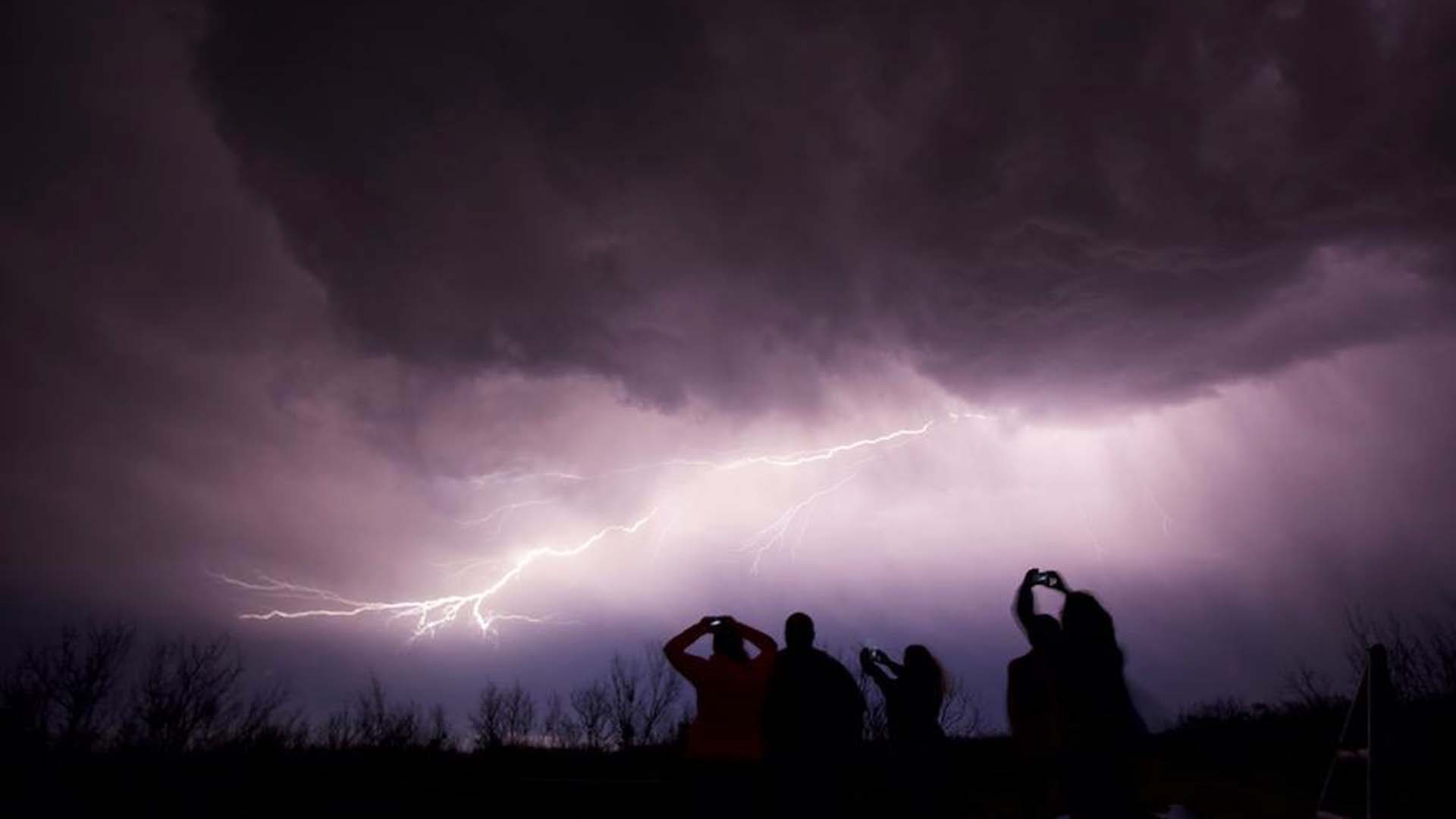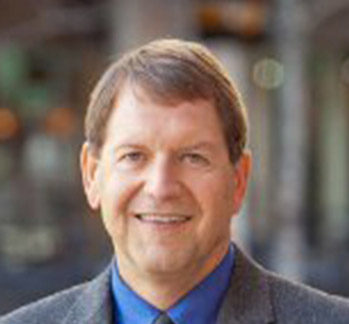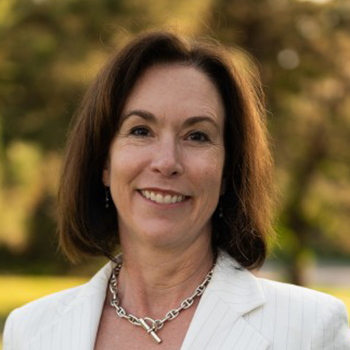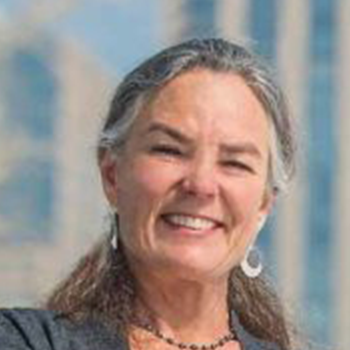Water Fellows chart course toward change and future careers
Part of MSU Denver’s One World One Water Center, transformative fellowship program immerses students in policy, practice and purpose.
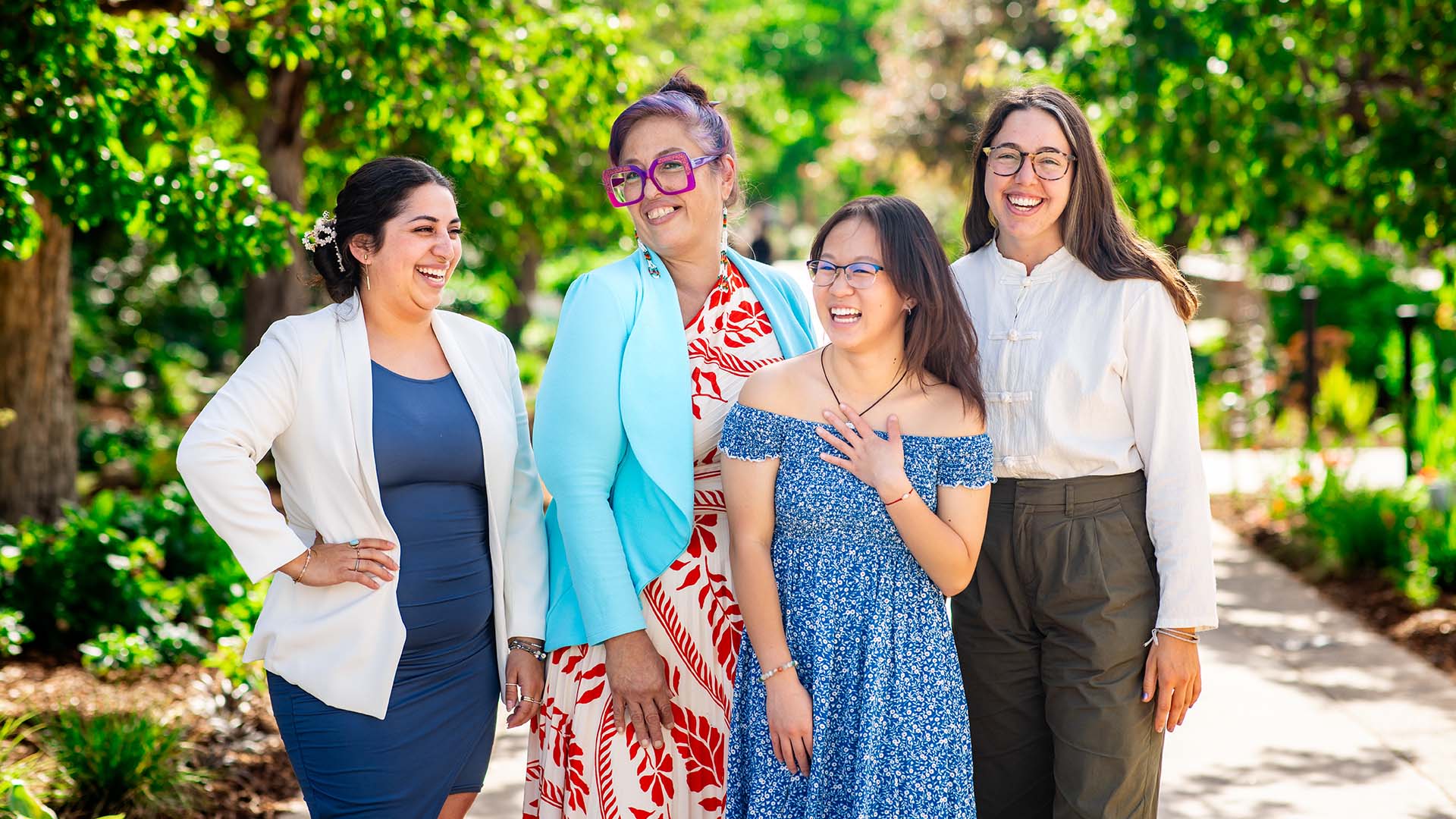
Connie Cox became interested in water because she grew up without it on South Dakota’s Pine Ridge Reservation.
For Dominique Garcia, it was spending time in nature and wanting to help preserve that experience for others.
The reasons Cox, Garcia and Metropolitan State University of Denver’s three other 2024-25 Colorado Water Fellows became interested in water and environmental policy are as varied as their backgrounds.
But their focus is singular: to study and explore ways to affect water policy and management to benefit all.
Their efforts were recognized recently at the 10th annual Watershed Summit. Held at Denver Botanic Gardens, the summit brought together researchers and students of water law and policy from around the state and as far away as Italy.
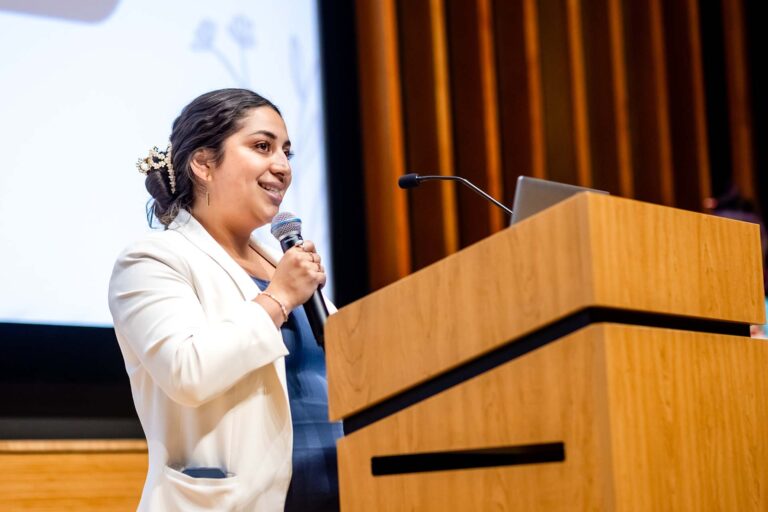
MSU Denver’s Water Fellows program, a project of the University’s One World One Water Center, spans an academic year and is designed to prepare undergraduate students for careers in the water field and connect them to opportunities. Over the year, fellows attend water conferences, go on field trips and meet with counterparts from sister programs at the University of Denver, Colorado State University, the University of Colorado Boulder, Colorado Mesa University and Fort Lewis College.
This year’s fellows completed a PhotoVoice project illustrating what water means to them and their communities. The resulting images will be transformed into a plaque that ultimately will be placed in the Jordan Student Success Building.
Established in 2012, the OWOW is a pioneer in making interdisciplinary water education available to students in every discipline. The center offers undergraduates the option of a Water Studies minor or certificate; a Professional Water Studies certificate is offered as well. The center also offers a weeklong study-abroad opportunity with its partner, Università degli Studi di Roma Tor Vergata, in Rome.
This year’s crop of MSU Denver Water Fellows is an especially impressive group. Its members’ majors include Environmental Science, Biology, Anthropology and Applied Geology, and several fellows are pursuing the One World One Water Center’s Water Certificate.
RELATED: From her family farm to China, MSU grad carries a world of experience with her to law school
Garcia and Cox volunteer with River Watch, which tests water quality in Cherry Creek Reservoir, the South Platte River and other bodies of water. Alexia Lor and Garcia won internships with the Barr-Milton Watershed Association. Garcia works with the Auraria Sustainable Campus Program and last year interned with the Colorado Science and Engineering Policy Fellowship, working with lawmakers. First-year student Ashleigh Floth is in her sixth year as a wastewater operator at a reclamation facility. Somehow, they all still manage to take a full load of classes.
Lor took a class called Colorado, Water and the West and was hooked on the topic. Water law is complex and often not clearly defined, she said. “There is a lot of gray area, and it’s interesting to try and work out issues, especially in trying to come up with solutions to water issues in Colorado and the West,” she said.
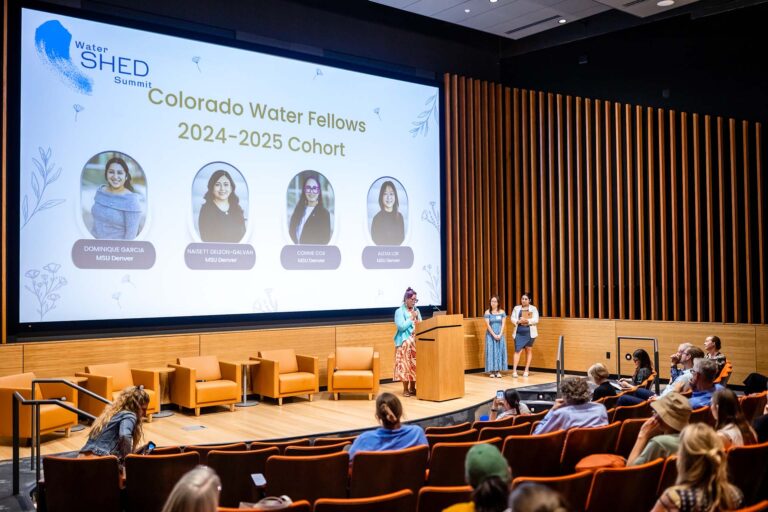
The MSU Denver Water Fellows see part of the mission as helping raise awareness of how precious and vital water is in the West. “People don’t take into account how it affects everything we do or water waste,” Garcia said. “Water goes down the sink, and we never see it again. We flush and never see it or think about it. It’s important to be aware of that.”
Cox, however, is very aware of where water comes from and where it goes. In most homes on her reservation, there are no sinks and no flushing, she said. Instead, many residents haul water from tanks and reservoirs and rely on outhouses.
Addressing those inequities and improving life for Indigenous people is what drives her. The most important thing she has learned as a Water Fellow, Cox said, is the importance of collaboration. “In the Lakota language, there is no word for I, or me, or mine. Everything you do impacts the entire community.”
She sees reason for hope in the fact that Indigenous people are finally getting voice, although often a small one, in water policy.
Garcia, likewise, has found reason to be optimistic. “The future is here as far as climate change is concerned,” she said. “But getting to see so many other people involved in water issues gave me hope. It also made me feel more confident about finding a career in this space.”
Learn about MSU Denver’s Water Studies programs.

